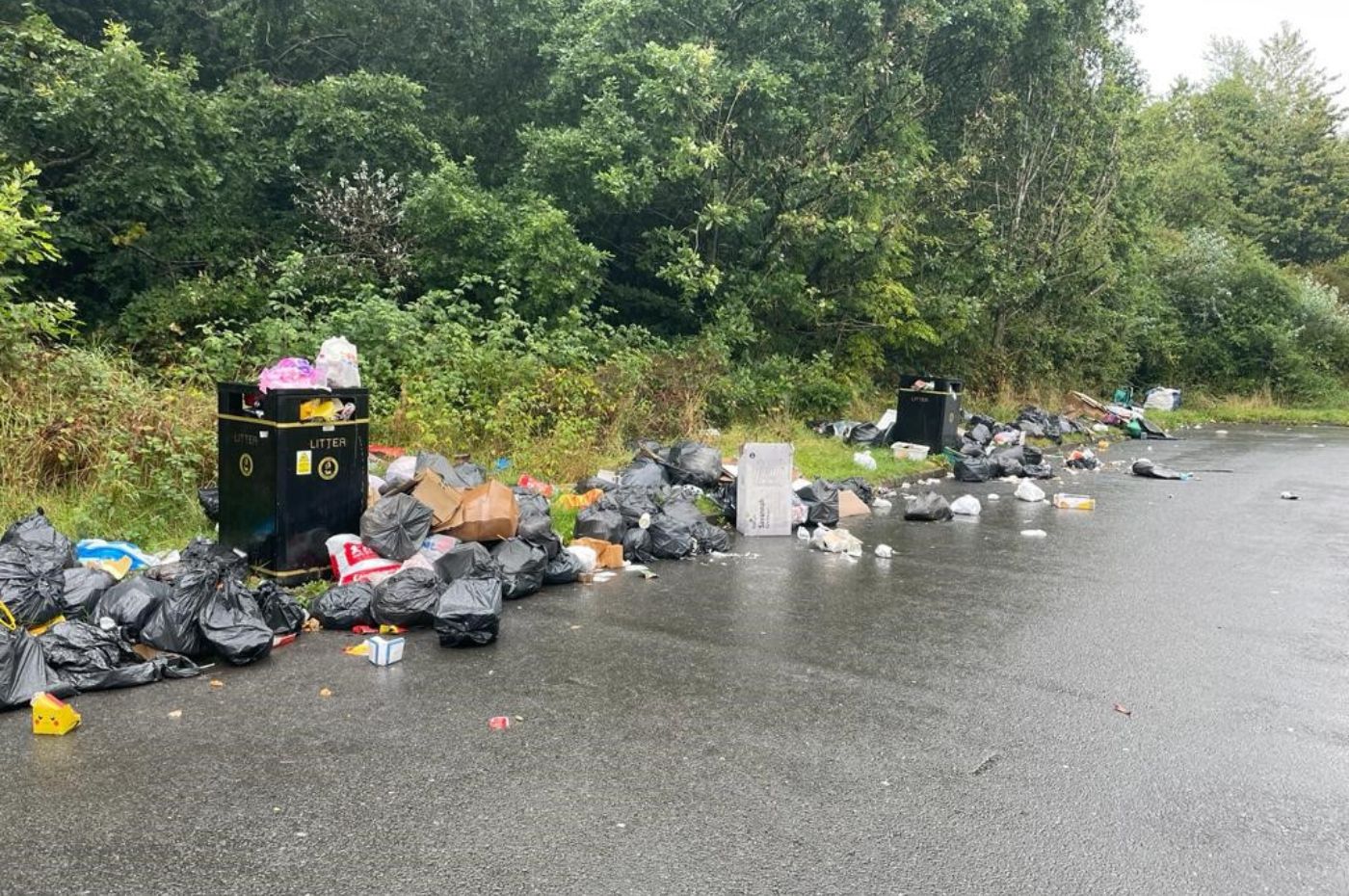Breaking: sound moderator deregulation accepted in House of Lords
A government tabled amendment to the Crime and Policing Bill was accepted at...
View Details
Labour’s Defra spokesperson in the Lords, Baroness Hayman of Ullock, faced the unenviable prospect yesterday afternoon (Thursday 21 November) of a succession of peers lining up to attack the government in a short debate on the continuity of family farms. The Budget’s changes to inheritance tax (IHT) were fixed in their crosshairs, with only one of the twelve preceding speakers – the Viscount Goshen (Con), who said he would leave the matter to others and concentrate his remarks elsewhere – declining to savage the Chancellor’s decision to reduce and restrict agricultural property relief.
Opening the debate, Baroness Northover (LD) set out in heart-wrenching detail the human impacts of the government’s policy. She recounted the tale of a farm owned by a 94-year-old widowed father but worked by his offspring, whose ownership had never been passed on owing to the longstanding principle that it would be protected from IHT; she then detailed a:
“farm of 350 acres… owned a widow of 87. Her daughter’s voice broke as she told me that her mother thought she was better off dying before the change comes into effect in April 2026. The debates over assisted dying and the elderly potentially feeling that they are a burden came horribly to mind as I listened to her.”
Lord Herbert of South Downs (Con), Chairman of the Countryside Alliance, contributed notably. He expressed pride in having joined, along side Alliance colleagues, the farmers’ demonstration in Whitehall the previous Tuesday. In an already challenging environment, he said, the changes to IHT are a tax too far. He pointed out that the Defra Secretary himself had observed that, last year, half of all farmland sold went to non-farmers, so where families must sell acreage to fund a tax bill the result will be land no longer farmed. Referring again to the farmers who protested on Tuesday, he concluded,
“These are the people who care for our countryside and who put food on our tables. They run one of our most important industries and manage one of our most valuable national assets. They deserve better.”
Lord Herbert’s predecessor as Countryside Alliance Chairman, the former Labour MP and now non-affiliated peer Baroness Hoey, spoke of her “disappointment and indeed… sadness at the Government’s attack on family farms.” Like Lord Herbert, she cast doubt on Treasury figures predicting the number of farms that will be affected and decried the failure to consult farmers’ representatives. She warned the government:
“It is a measure being pushed through by the Treasury, which has long wanted to do this but was stopped by both Labour and Conservative Chancellors over the years. Sadly, the current Chancellor has given in, and now she will have to face the consequences—not just for her party but for the country.”
Frontbench spokespeople for both the Liberal Democrats (Baroness Bakewell of Hardington Mandeville) and the Conservatives (The Earl of Effingham) each confirmed their parties’ opposition to the change, with the latter stating that:
“His Majesty’s Official Opposition are committed to reversing the family farms tax if the Government refuse to listen to farmers before the next general election.”
Baroness Hayman is not the Chancellor of the Exchequer and has no authority to change or challenge her decision. She was, however, obliged to appear on the government’s behalf to defend its case. Unsurprisingly, there was little she could say on IHT. She lent on the Treasury’s disputed financial impact figures and defended the policy in rather a generic fashion:
“Unfortunately, the Government have had to take tough decisions on tax, and on welfare and spending, to fix the foundations and deliver change, including a series of decisions on tax that protect the payslips of working people. This has been possible only by making changes to a number of taxes, such as agricultural property relief, which was previously available on all agricultural properties at a rate of 100%.”
On that argument there would seem to be few other taxes that might not be raised in future, should the Chancellor deem it necessary. Otherwise, Baroness Hayman was keen to claim appreciation for the challenges facing family farms and laud a suite of other government policies – most still in the planning stages – that she assured the House would bring farmers jam tomorrow.
The Countryside Alliance will continue to stand up for a secure future for family farms. Please join our campaign to Fight the Farm Tax and take action now.

A government tabled amendment to the Crime and Policing Bill was accepted at...
View Details
Yesterday (25 February), after the Countryside Alliance highlighted the latest...
View Details
As we look ahead to the Scottish Parliamentary Elections taking place later...
View Details